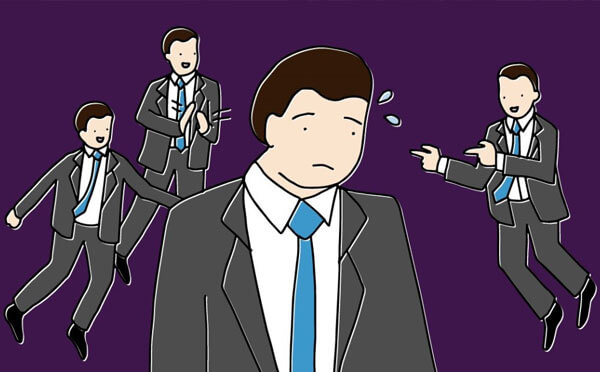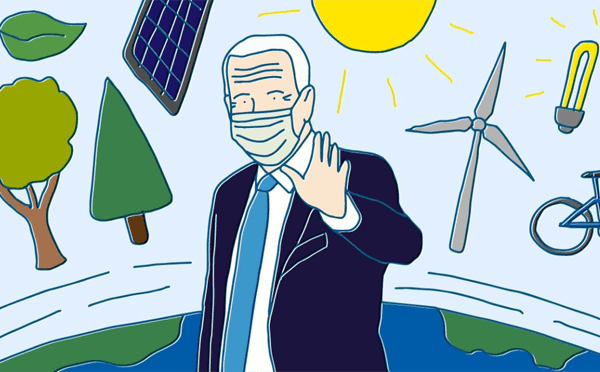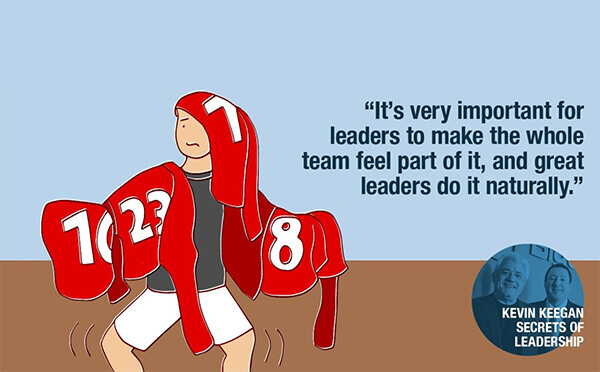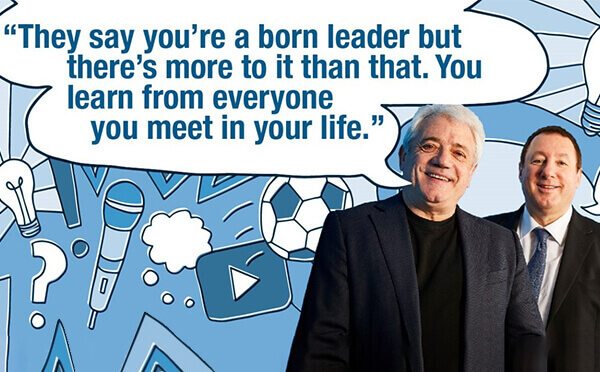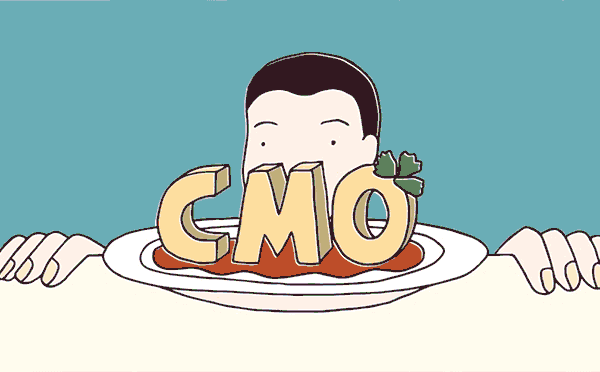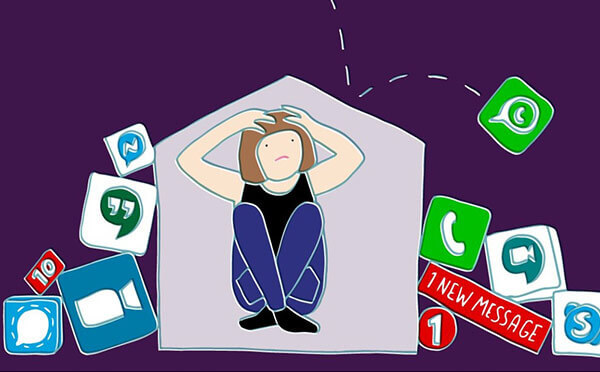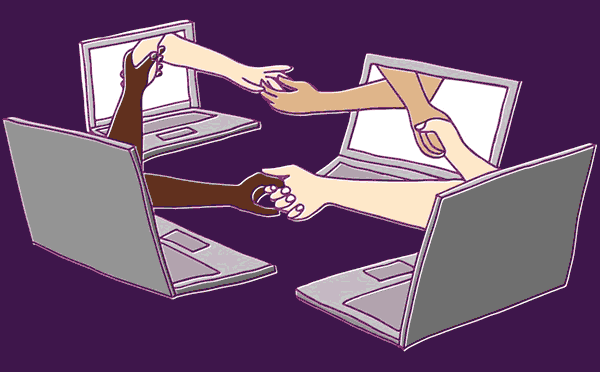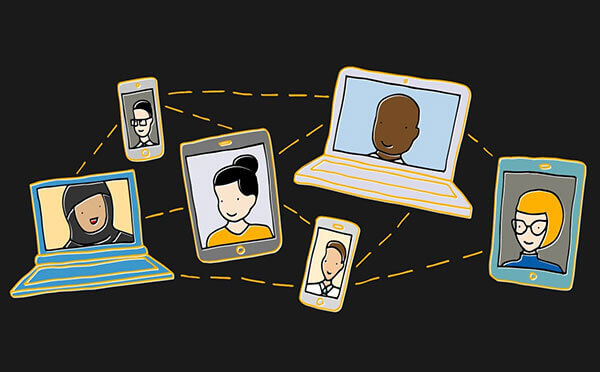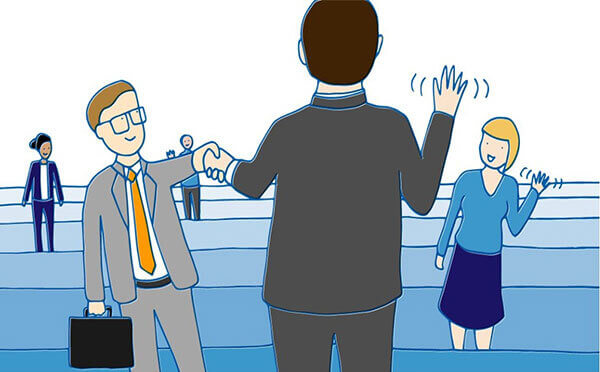What do the greatest business leaders of the modern age have in common?
Is it single-minded determination, like Apple founder Steve Jobs? Or perhaps it’s the ability to roll out across the world at pace, like Starbucks’ Howard Shultz.
It turns out that there are far more important skills to have. I recently caught up with BigChange ambassador and mentor Kevin Keegan OBE, one of the greatest footballers of all time and a legendary successful manager and leadership coach. He told me the two most important qualities that truly great leaders much have.
We spent some time talking about these qualities and why they make for better leaders. The conversation just blew me away. Not all of his advice was new to me but the way he explained it all really resonated.
Honesty
Kevin told me that out of all the managers he has encountered throughout the course of his career, only a few really stick out as great leaders. “I knew I could trust them,” he says. “I knew they meant what they said.”
Kevin explained that the ability to be trustworthy and open is the mark of a really first-class leader. You always know where you stand with those people; you know when you have done a good job and when you need to improve.
You can only get the best out of people as a leader, he explained, when the team knows you have their best interests at heart and that you are willing to be open and transparent.
Kevin has hit the nail on the head and there has never been a more important time to fortify trust in leadership. Many people across the UK have had a challenging few months. Some may have been furloughed. Some may have experienced wage decreases. All of us need to spend more time checking in, talking to our people, and communicating exactly what’s going on in the business, and what we need to do to succeed in future.
At BigChange, we are currently in the process of developing a new five-year strategy. This will reflect all the changes that we have experienced as a result of lockdown and COVID-19. The cornerstone of this new strategy is people: how we find great colleagues, how we retain them and how we get the best out of them. Honesty is a crucial part of the process.
Fairness
Kevin told me a great story about one of the best leaders he encountered in his career. It really demonstrated why he places ‘fairness’ as one of the top two leadership qualities. While he was at Liverpool FC, he and his team mates would wear weighted clothing during training. “It was like having someone on your back,” he said. “They were so wet and heavy when we finished training that the lads used to throw them off.” One day, manager Bill Shankly pulled them up on their behaviour. “He said to Emlyn Hughes, who was the captain, ‘Don’t leave that on the floor because Jessie will have to clean it up. Pick it up.’” The Liverpool manager was telling the squad to think of the guy who looked after their kit – he, ultimately, would be the one to suffer if they left their clothes all over the changing room floor.
Kevin says that was a wake-up call for everyone. “[Bill] was so on the ball with what it meant to play for a football club,” he told me. “It’s very important for leaders to make the whole team feel part of it, and great leaders do it naturally.”
Kevin believes that that no single person is responsible for the success of an organisation or team. He has won the Ballon d’Or twice (and is the only English player to have won it more than once) as well as the Golden Boot, the award for the top goalscorer of the year. He says that while his name might be on these awards, he has never forgotten the people that helped him get the coveted title. “You don’t win on your own,” he says. “Someone has to pass you the ball.” He told me that everyone who works at a club needs to feel part of its success, from the nutritionist to the fitness trainer to the psychologist. “That’s key,” Kevin said. “To make everyone who is contributing feel recognised.”
On Tuesday night I held a virtual huddle with more than 100 members of the team. These are usually results-focused but this time I took a different tack. I thought about what Kevin had said and took the time to engage with everyone. I checked in on how they were doing and thanked all the teams for their work. The call became more of a conversation than one-way traffic.
I’m so grateful to Kevin for his brilliant advice. With all my colleagues working remotely, it’s never been more relevant to call out great work, and make sure every team knows they are seen and appreciated.
On Sunday, BigChange will be featured in the Sunday Times Tech Track 100 league table for the third time. It’s an amazing achievement, especially during these difficult times, and it is absolutely 100% down to the great team of people I have here. That’s not my award, that’s recognition for everyone in the business.
When you make everyone feel like they are part of the team, and show that you see their contributions, you don’t just boost their confidence and morale, you empower them. I want everyone in BigChange to be a leader, driving forward their own projects and creating their own goals. That’s the dream.
These sessions with Kevin are really helping me to focus on how I can improve and develop as an entrepreneur and manager. Check out the second video in the Kevin Keegan series visit next week on the BigChange website www.bigchange.com.


